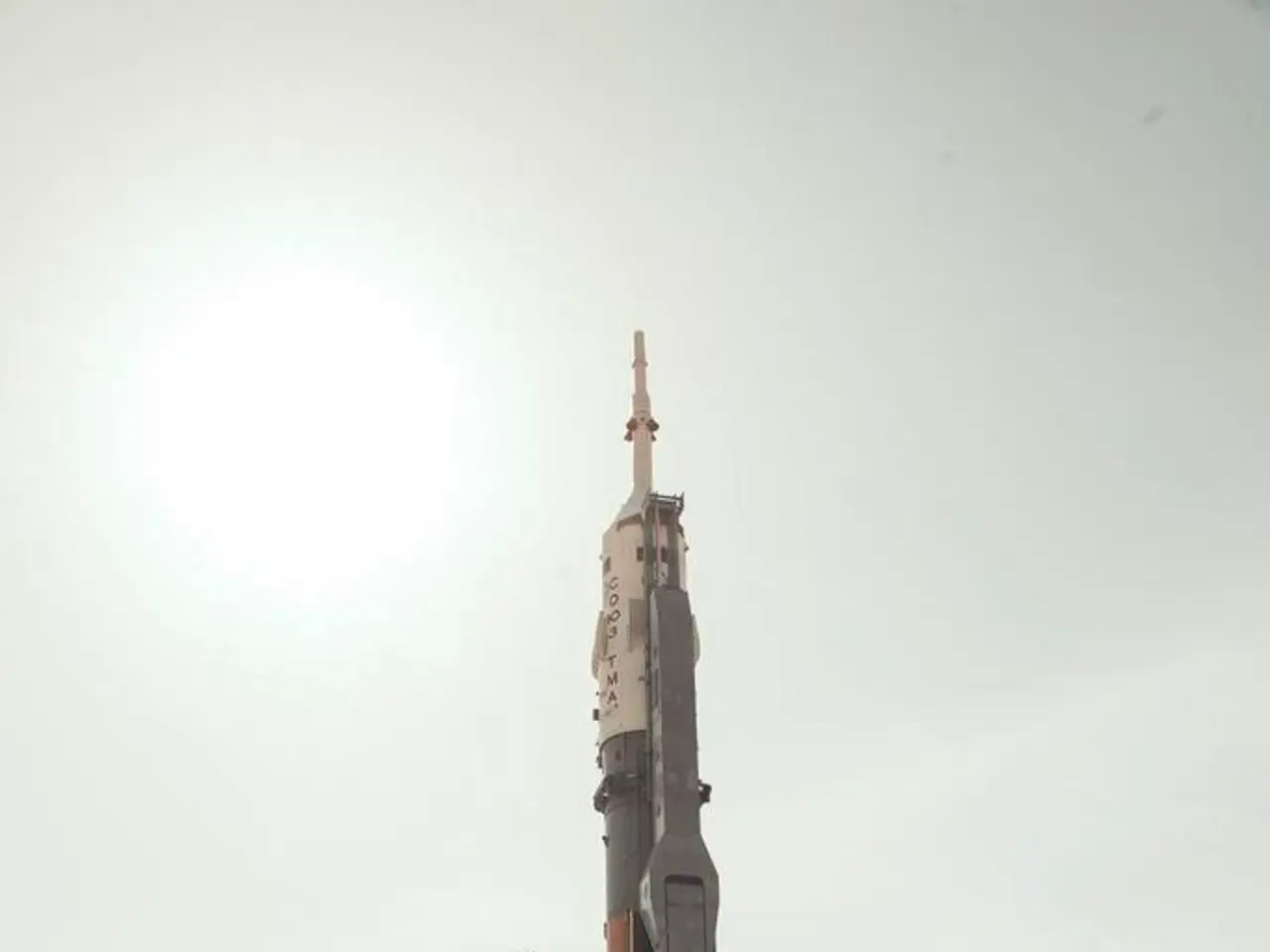Killing Khamenei: Legal Implications for Israel
Debating International Law Implications: Is It Legally Justifiable for Israel to Eliminate Khamenei?
In a controversial move, Israel's Defense Minister, Israel Katz, recently threatened Iran's Supreme Leader, Ayatollah Ali Khamenei. Katz stated that Khamenei, who is known for his anti-Israel rhetoric, should not continue to exist if his goal is indeed the destruction of Israel. But what if Israel decided to take matters into their own hands?
Is Israel within its rights to eliminate Khamenei, given international law principles? Alexander Wentker, a researcher at the Heidelberg Max Planck Institute for Foreign Public and International Law, offers some insights:
Legal Grounds for Killing Khamenei
According to Wentker, Khamenei as the Supreme Commander of the Iranian military could technically be considered a military target under international humanitarian law. Therefore, in the case of interstate armed conflict, Israel could theoretically justify an attack on Khamenei.
However, it's essential to understand that a different level of evaluation comes into play: the prohibition of the use of force, as outlined in the UN Charter and customary international law.
Self-Defense Rights and the UN Charter
Under the UN Charter, the use of force by one state against another is typically unlawful unless the Security Council authorizes it or it's a reaction to an armed attack or imminent threat (Article 51).
In the absence of UN authorization, force may only be utilized against other states in self-defense, explains Wentker. However, recent evidence suggests that Iran has not intentionally attacked Israel recently, which casts doubts on the self-defense argument.
State Leaders: Permissible Targets?
Wentker uses the Russia-Ukraine conflict example to explain when it's permissible to kill a head of state. In an armed conflict between two states where the head of state also commands the military, the attacked state could hypothetically legitimately kill the opposing leader according to international humanitarian law.
But what about international law's right to life? Wentker confirms its existence and points out that killings in accordance with humanitarian international law would not violate this right.
Civilians and Proportionality Concerns
In any armed conflict, civilians cannot be targets under international law. If an Israeli attack on Khamenei resulted in the deaths of civilians, the principle of proportionality would apply. Each case would need to be assessed individually, and Israel would have to take preventive measures to minimize civilian casualties under humanitarian international law.
International Criminal Court and Israel
If Israel were to attack Khamenei without a clear basis in self-defense, they might face trial at the International Criminal Court (ICC). However, Israel withdrew its acceptance of the ICC's jurisdiction in 1985, making it challenging to determine the court's jurisdiction regarding the use of force against Iran.
In summary, attacking Khamenei without UN authorization or a convincing justification of self-defense could potentially put Israel in breach of international law, potentially exposing them to charges of illegal aggression and violations of state sovereignty.
In the context of hypothetical scenarios, if Israel were to consider eliminating Khamenei, they could argue for legal justification under international humanitarian law, as Khamenei, as the Supreme Commander of the Iranian military, could theoretically be considered a military target. However, such an action might face challenges due to the prohibition of the use of force, as outlined in the UN Charter and customary international law, especially in the absence of a UN authorization or a clear justification of self-defense.





